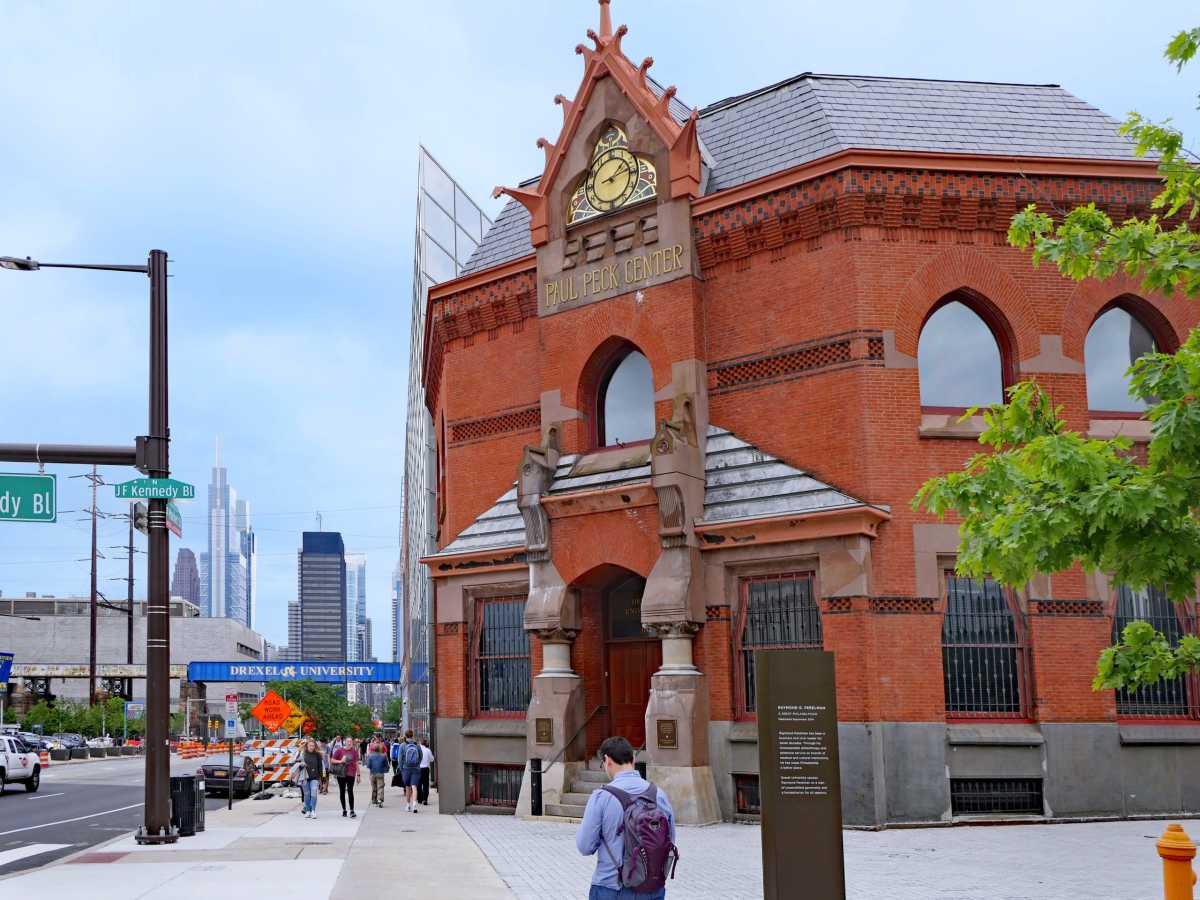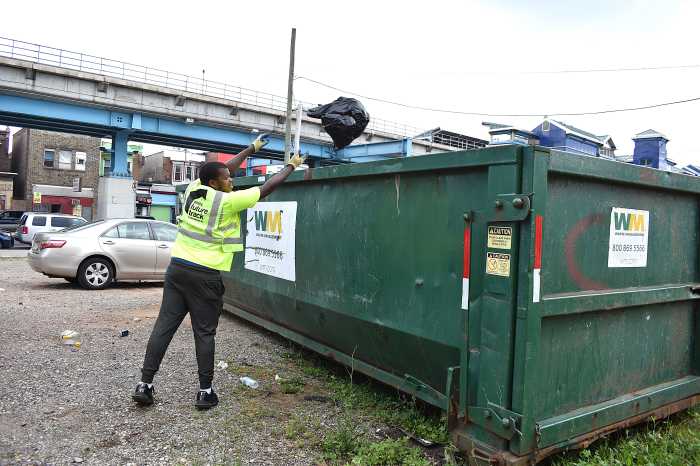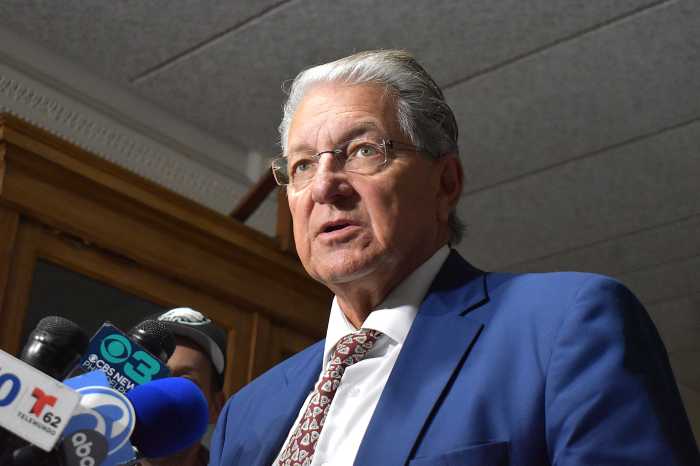For nearly a decade, Michael Nelson has been navigating America’s immigration system as an undocumented immigrant from Jamaica.
During his arduous journey, Nelson has had to flee to America at least twice. He’s been deported. He was the victim of gang violence after deportation. He’s been in immigration detention, federal detention, and has recently been granted a tiny taste of freedom thanks to two Drexel law students.
Back in January, Emily Miles and Brian Loughnane of the Kline School of Law’s Federal Litigation and Appeals Clinic (FLAC), presented their first-ever arguments over Zoom to the U.S. Court of Appeals for the Third Circuit. They worked alongside Professors Richard Frankel and Katelyn Hufe.
Nelson’s case had been with the FLAC for years before Miles or Loughnane became involved. “The clinic had represented him prior to his first deportation,” Lougnane explained. While undocumented in America, Nelson was convicted of marijuana possession and deported to Jamaica in 2011. Not long after arrival, Nelson was shot by a gang referred to in court documents as “The Bad Boys.”
Due to Nelson’s ongoing case, Metro was unable to speak with him.
However, according to court records, “The Bad Boys told Nelson they intended to harm Nelson’s family friend Carl, because Carl was gay. Nelson tipped off Carl and, as a result, the gang members shot Nelson. He survived and went into hiding for a few months until, in January 2012, he re-entered the United States illegally.”
Nelson was then picked up by immigration in 2016 and held in the York County Detention Center. Following that, he was charged by federal prosecutors for “illegal entry into the United States” for which he served a criminal sentence. He was then again placed in immigration detention, which Loughnane explained as “not criminal detention, but civil detention.”
Nelson has been in and out of federal and immigration detention for roughly four years.
Both an immigration judge and the Board of Immigration Appeals had decided to deport Nelson back to Jamaica, despite his pleas to stay in America for fear of gang retaliation.
Miles and Loughnane were tasked with proving that Nelson was in serious threat of danger. Much of the case revolves around defining the violence Nelson would face as “torture.”
This Spring, the courts ordered that it would “grant Nelson’s petition for review of the BIA’s denial of relief under the Coventions Against Torture and remand for further proceedings consistent with this opinion.”
This ruling means that Nelson will have yet another day in court, but still is not far from the clutches of the American Immigration system nor entirely safe from deportation. “They sent the case back to the immigration court” explains Loughnane.
Loughnane and Miles arrived at the Third Circuit Federal Court defending an immigration case from two different angles. Miles got into law specifically for immigration law, however Loughnane considers himself more of a generalist. Coincidentally, both Miles and Loughnane described this case as “cumbersome,” and spoke about being grateful for the Federal Litigation and Appeals Clinic.
Nelson’s case is just a brief glimpse into the often arduous immigration process. Nelson has been in limbo for nearly a decade, he’s been shot, he’s been locked up, and he’s been in the immigration system under three different Presidents.
In late-May, both Loughnane and Miles graduated from Drexel’s Law School, with a win in a Federal court under their belt.
When asked what people can learn from this case, Loughnane said: “The decision to deport someone is not as simple as making sure that the United States is safe because there isn’t much of a correlation between immigration policy and public safety concerns. But I think as a result of a lot of economic anxiety you see a lot of people harboring ill-will towards migrant populations. I’d just like to reiterate that these are people, often people who are scared.”






























